Cardiovascular & Metabolic Sciences
Laboratories
Filter by Disease Area:
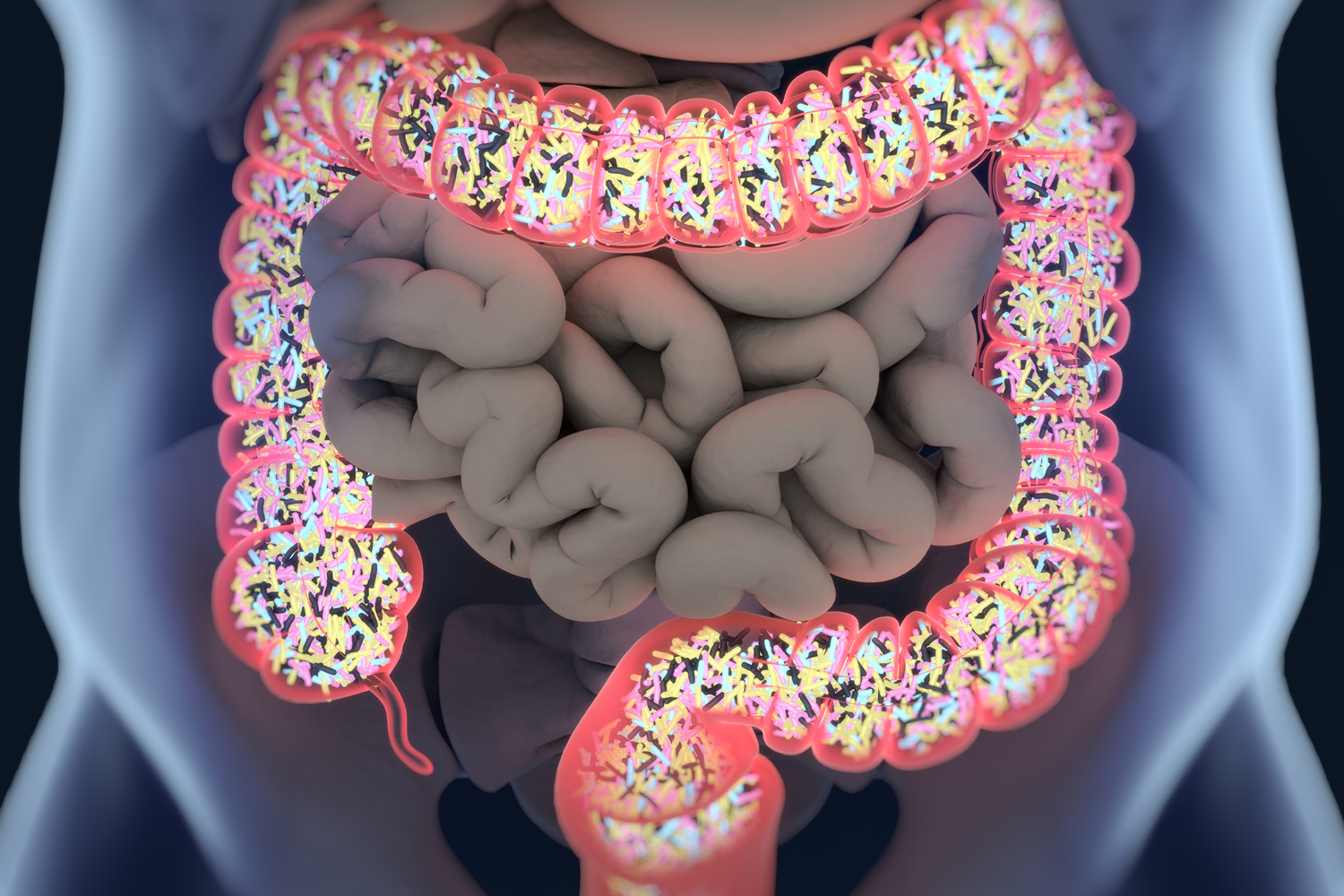
The Philip Ahern lab studies the intestinal immune system, gut microbiota, and how they influence inflammatory bowel disease.

Philip Ahern Lab
The Philip Ahern lab studies the intestinal immune system, gut microbiota, and how they influence inflammatory bowel disease.
View Lab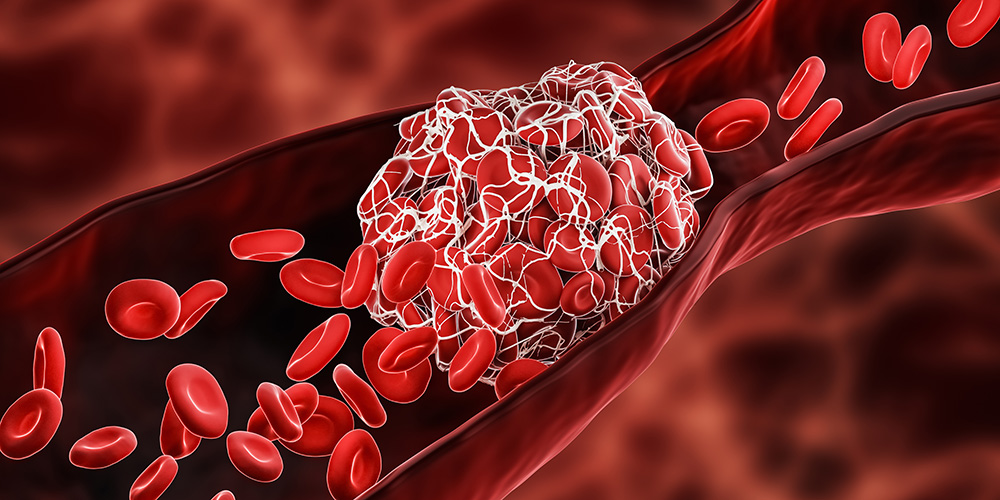
The Kathleen Berkner lab studies gamma-glutamyl carboxylation of vitamin K-dependent proteins.

Kathleen Berkner Lab
The Kathleen Berkner lab studies gamma-glutamyl carboxylation of vitamin K-dependent proteins.
View Lab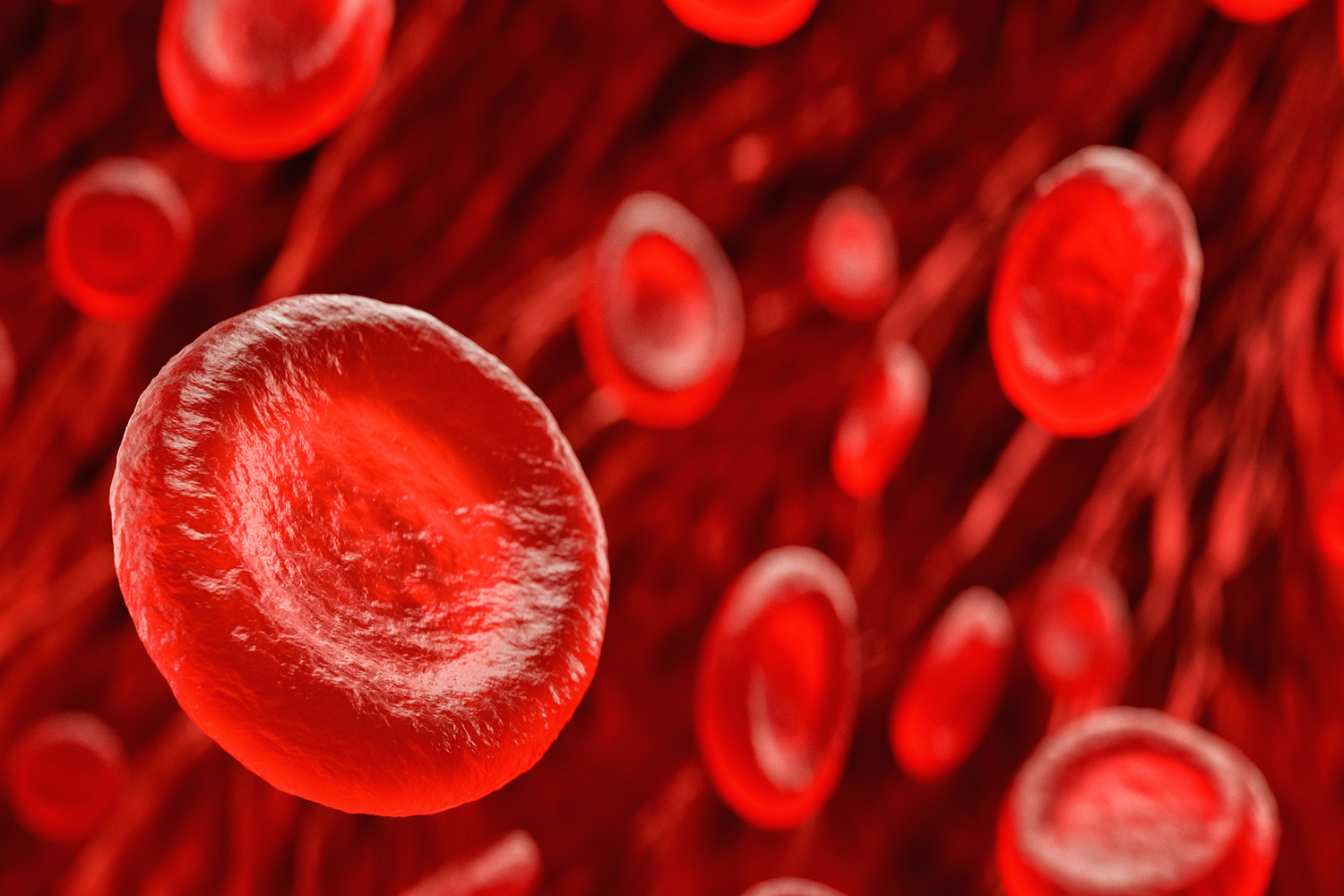
The Scott Cameron lab researches blood platelet reprogramming for vascular and thrombotic disorders.

Scott Cameron Lab
The Scott Cameron lab researches blood platelet reprogramming for vascular and thrombotic disorders.
View Lab
The Cathcart lab studies mechanisms responsible for LDL and lipid oxidation during the activation of human monocytes and the role of lipids in regulating HM activation and migration into sites of inflammation.

Martha Cathcart Lab
The Cathcart lab studies mechanisms responsible for LDL and lipid oxidation during the activation of human monocytes and the role of lipids in regulating HM activation and migration into sites of inflammation.
View Lab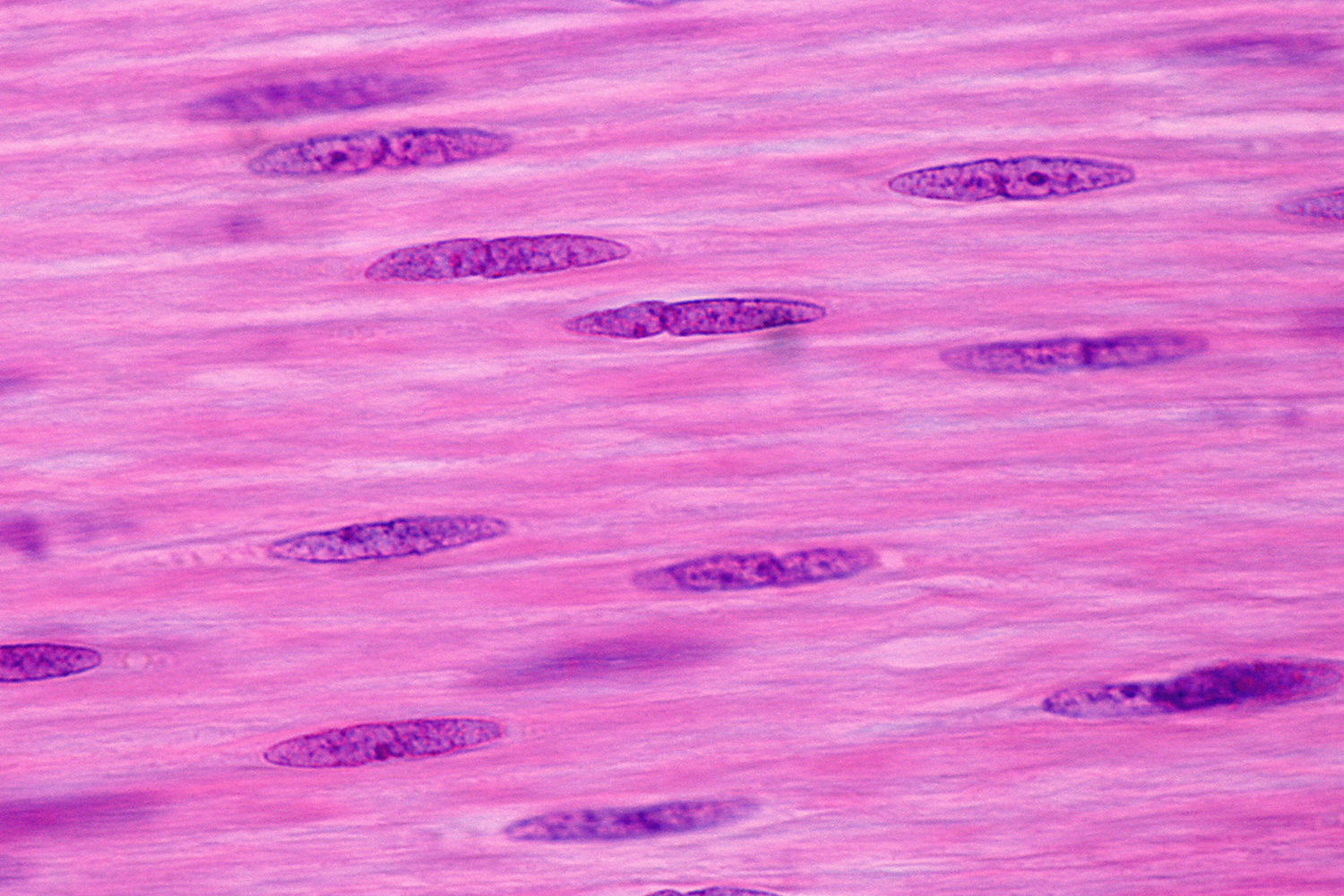
The Olga Cherepanova lab studies phenotypic transition of vascular cells during atherosclerosis development and after injury.

Olga Cherepanova Lab
The Olga Cherepanova lab studies phenotypic transition of vascular cells during atherosclerosis development and after injury.
View Lab
The Jan Claesen lab studies bacterial interspecies and microbe-host interactions in the microbiome.

Jan Claesen Lab
The Jan Claesen lab studies bacterial interspecies and microbe-host interactions in the microbiome.
View Lab
The Andrew Dhawan lab develops, validates, and implements biomarkers for neuro-oncologic and neuro-genetic diseases.

Andrew Dhawan Lab
The Andrew Dhawan lab develops, validates, and implements biomarkers for neuro-oncologic and neuro-genetic diseases.
View Lab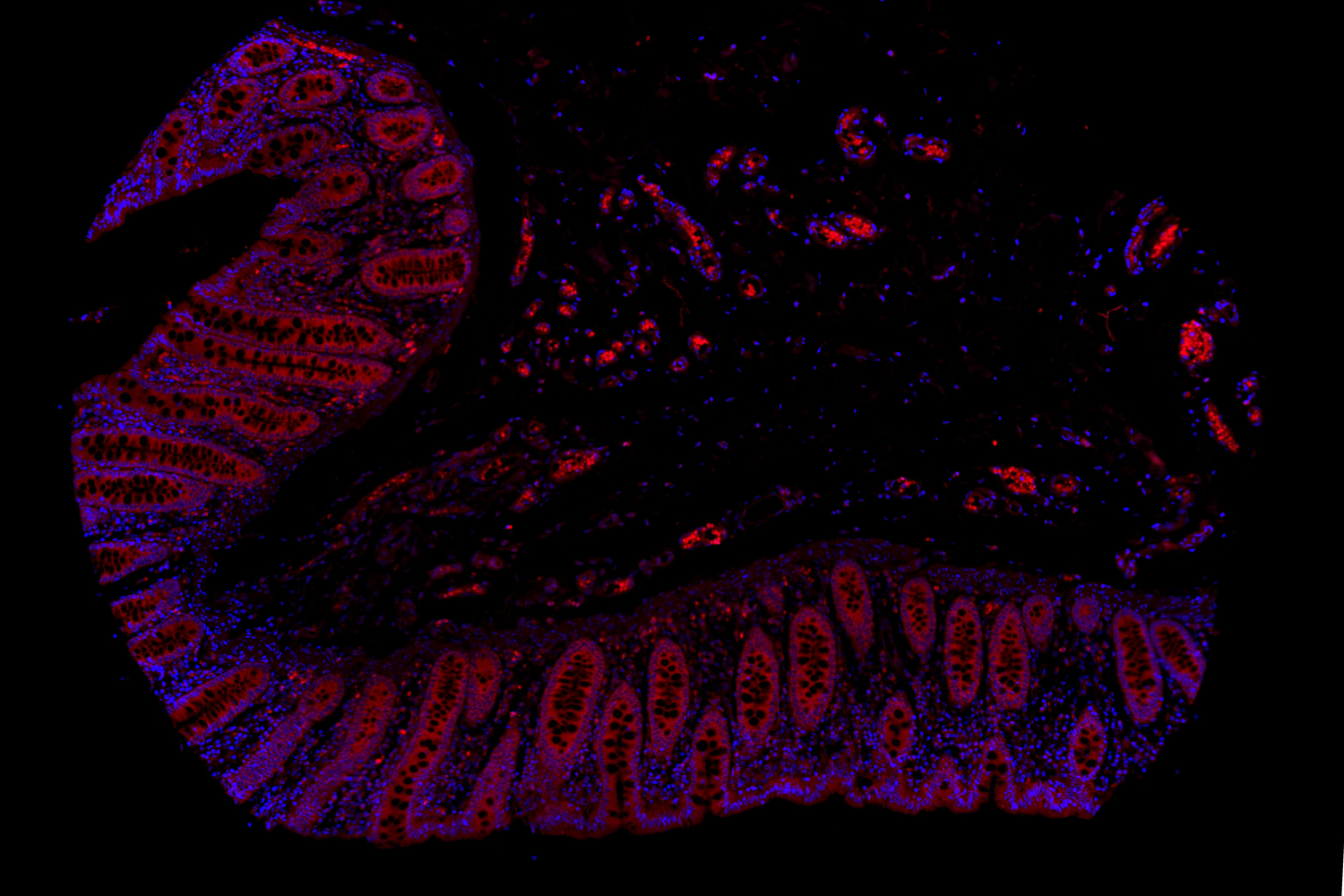
The Paul Fox lab studies IFN-gamma signaling, mechanisms of blood vessel formation and ferroxidases in iron metabolism.

Paul Fox Lab
The Paul Fox lab studies IFN-gamma signaling, mechanisms of blood vessel formation and ferroxidases in iron metabolism.
View Lab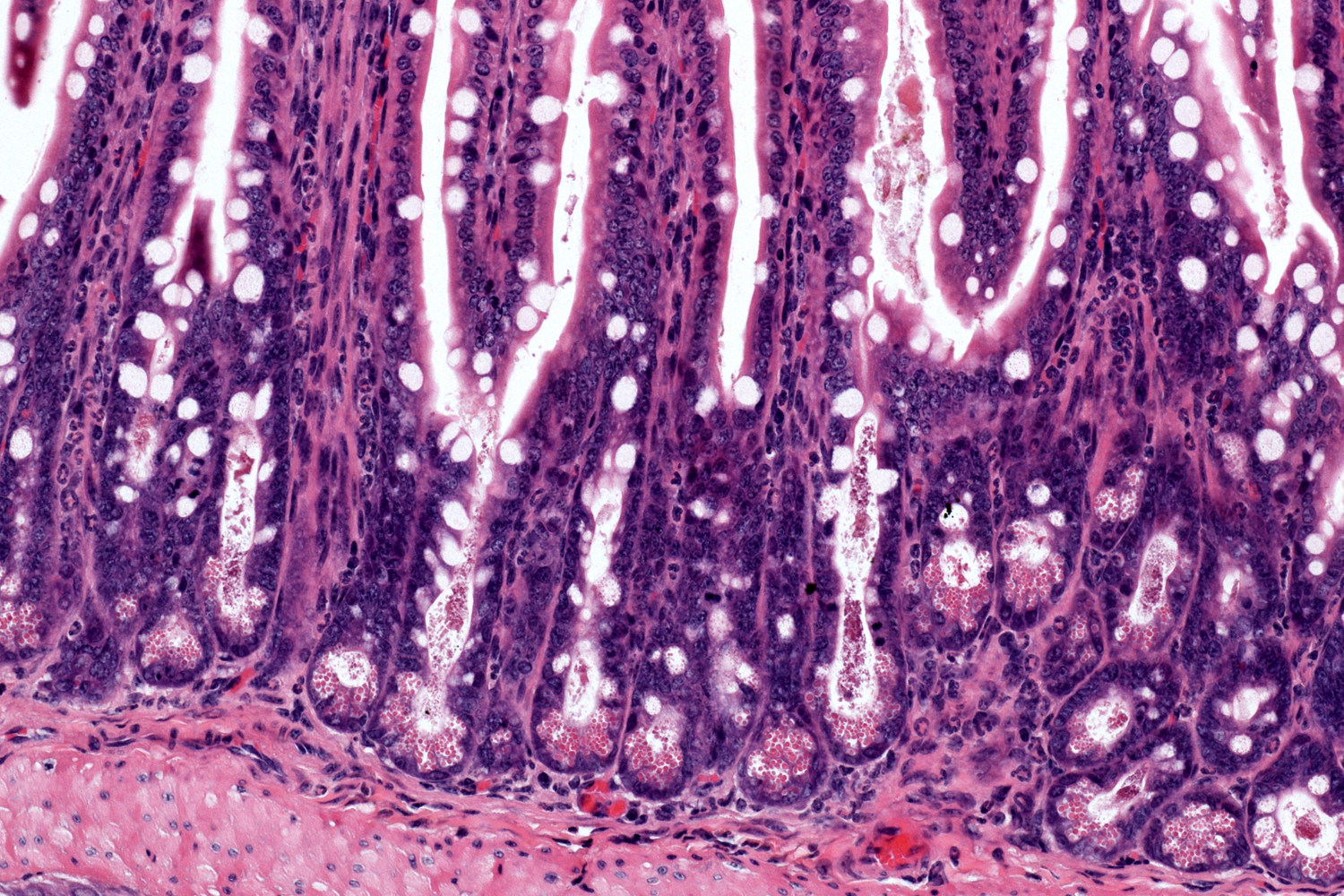
The Lynn Hajjar lab studies how microbiota alter immune responses and impact health and disease.

Adeline (Lynn) Hajjar Lab
The Lynn Hajjar lab studies how microbiota alter immune responses and impact health and disease.
View Lab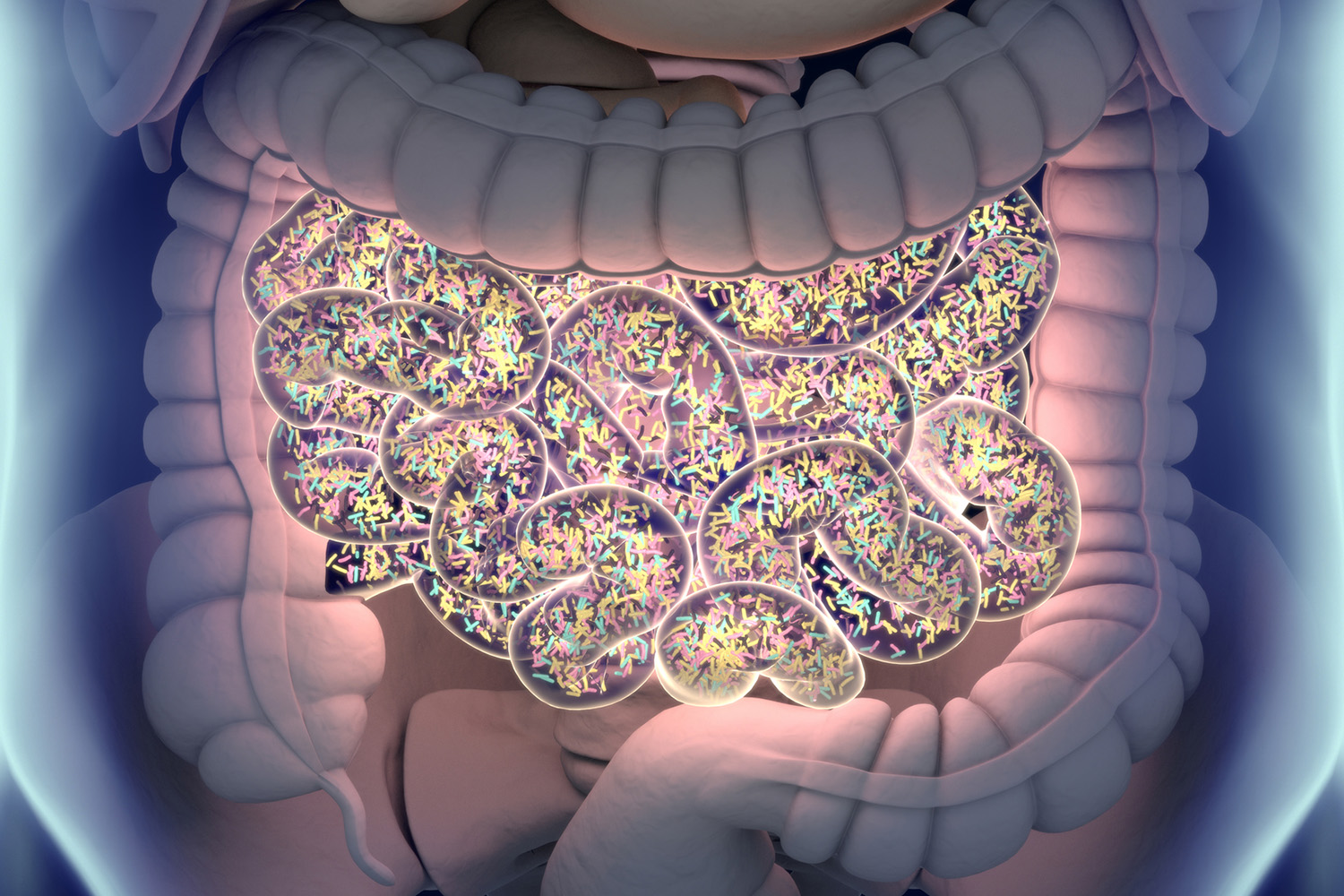
The Stanley Hazen lab studies how inflammation contributes to cardiovascular diseases and the microbiome’s role in heart health.

Stanley Hazen Lab
The Stanley Hazen lab studies how inflammation contributes to cardiovascular diseases and the microbiome’s role in heart health.
View Lab
The Christopher Hine lab explores the relationship between aging, nutrition, metabolism and stress resistance.

Christopher Hine Lab
The Christopher Hine lab explores the relationship between aging, nutrition, metabolism and stress resistance.
View Lab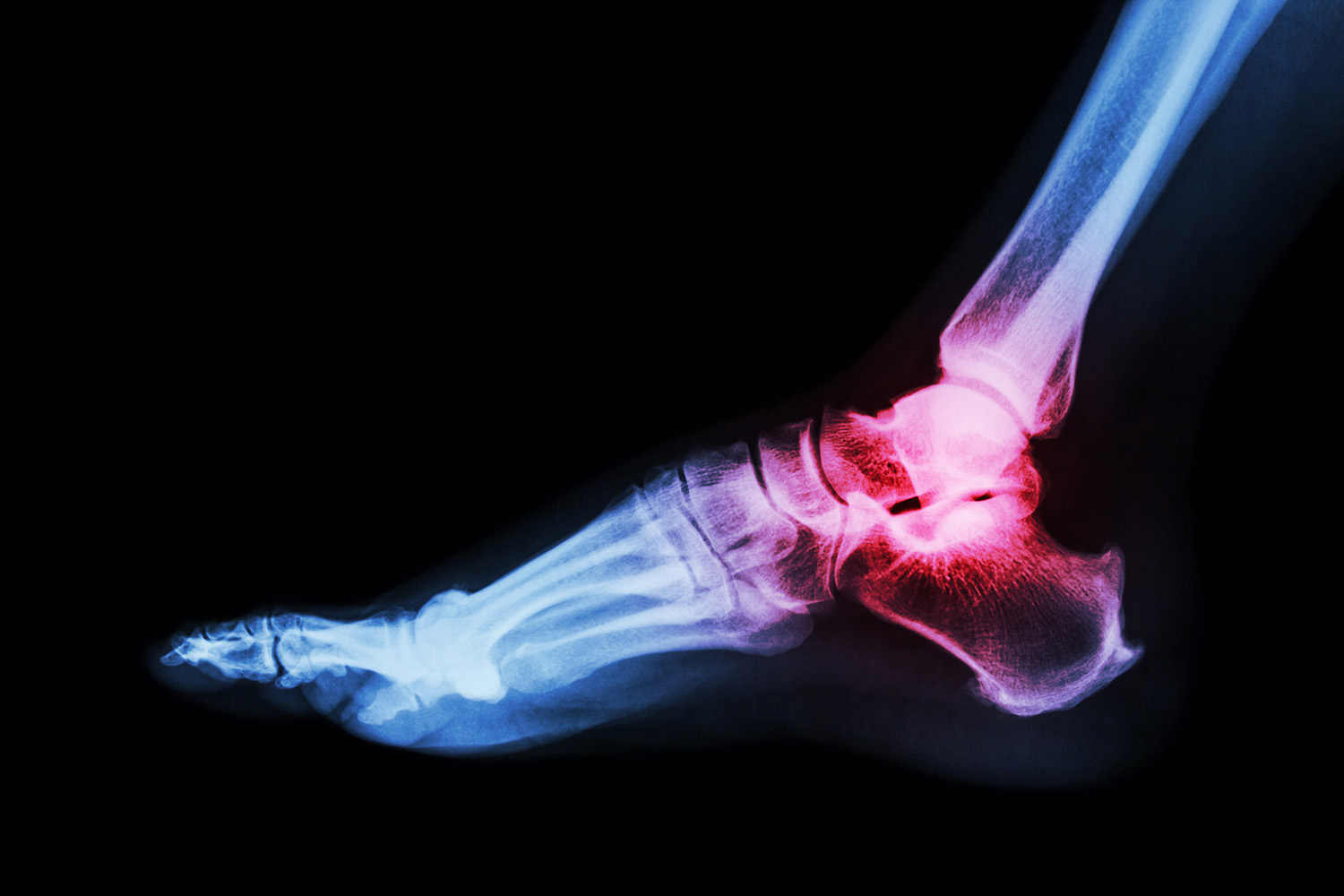
The Elaine Husni lab studies outcomes in rheumatoid arthritis, psoriatic arthritis, ankylosing spondylitis and osteoarthritis.

Elaine Husni Lab
The Elaine Husni lab studies outcomes in rheumatoid arthritis, psoriatic arthritis, ankylosing spondylitis and osteoarthritis.
View Lab
The Jacobsen lab investigates the mechanism of homocysteine toxicity and its role in atherosclerosis.

Donald Jacobsen Lab
The Jacobsen lab investigates the mechanism of homocysteine toxicity and its role in atherosclerosis.
View Lab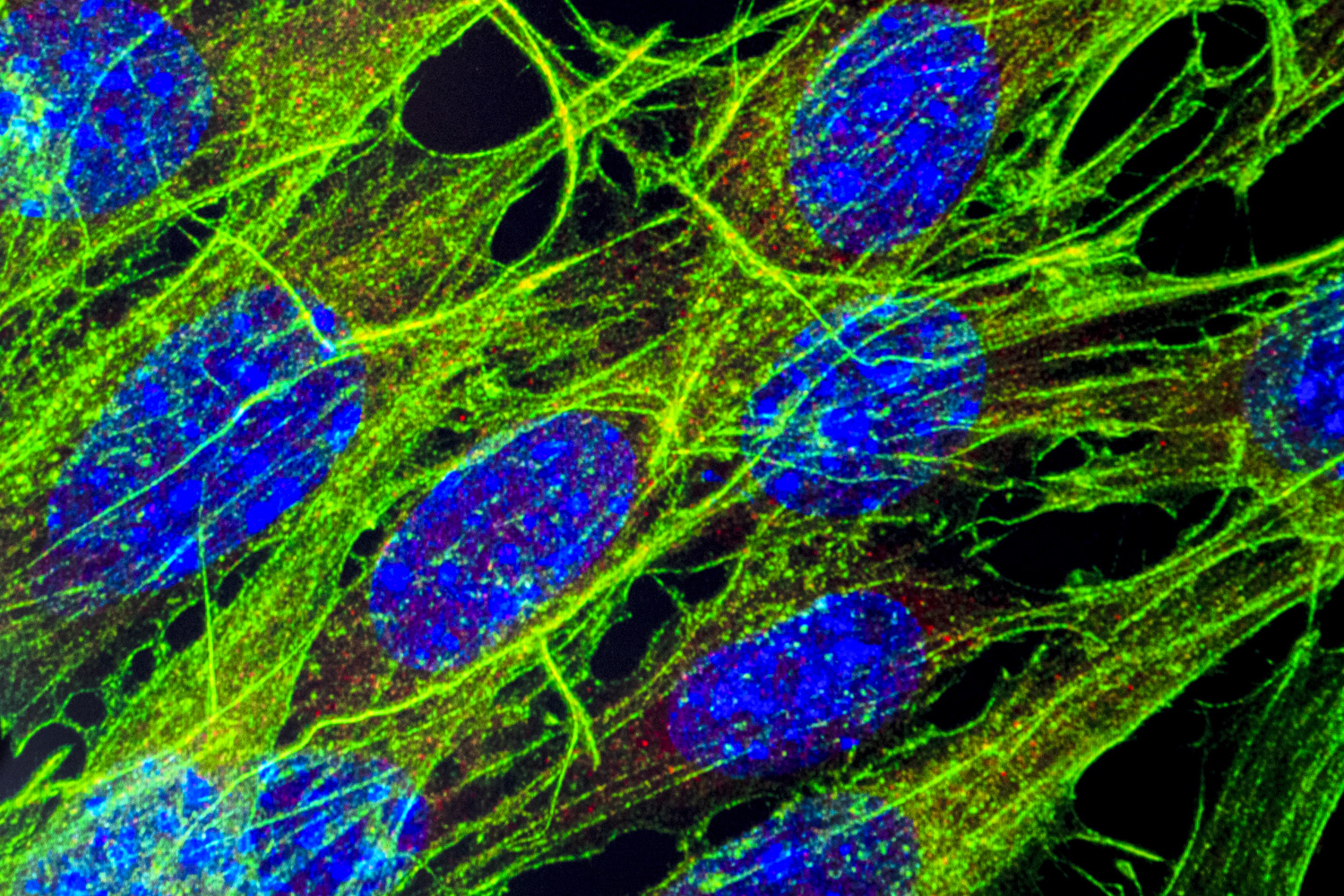
The Sadashiva Karnik lab AT1R structure, function, physiology, genetics and signaling.

Sadashiva Karnik Lab
The Sadashiva Karnik lab AT1R structure, function, physiology, genetics and signaling.
View Lab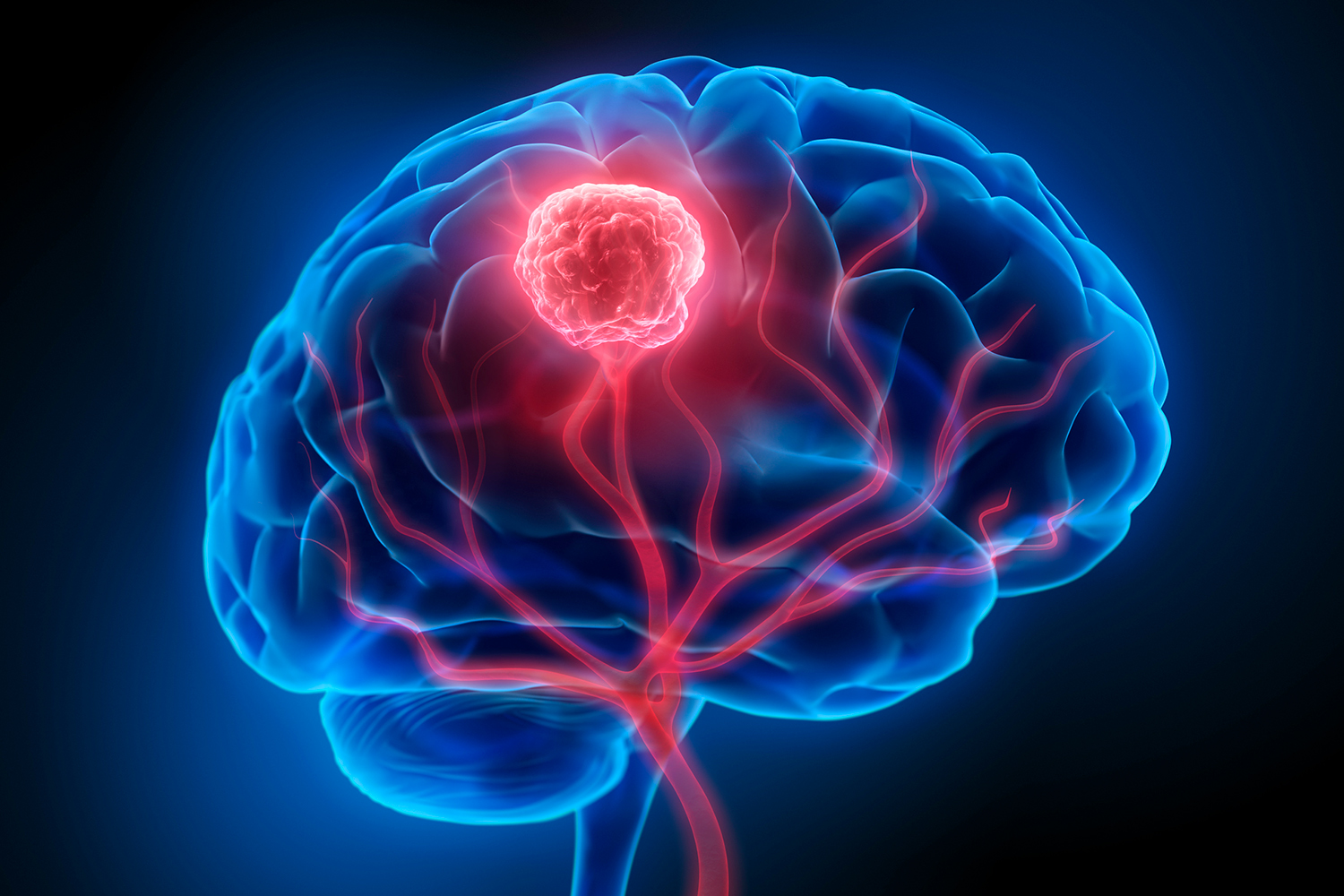
The Justin Lathia lab studies how cancer stem cells in glioblastoma interact with their surrounding microenvironment.

Justin Lathia Lab
The Justin Lathia lab studies how cancer stem cells in glioblastoma interact with their surrounding microenvironment.
View Lab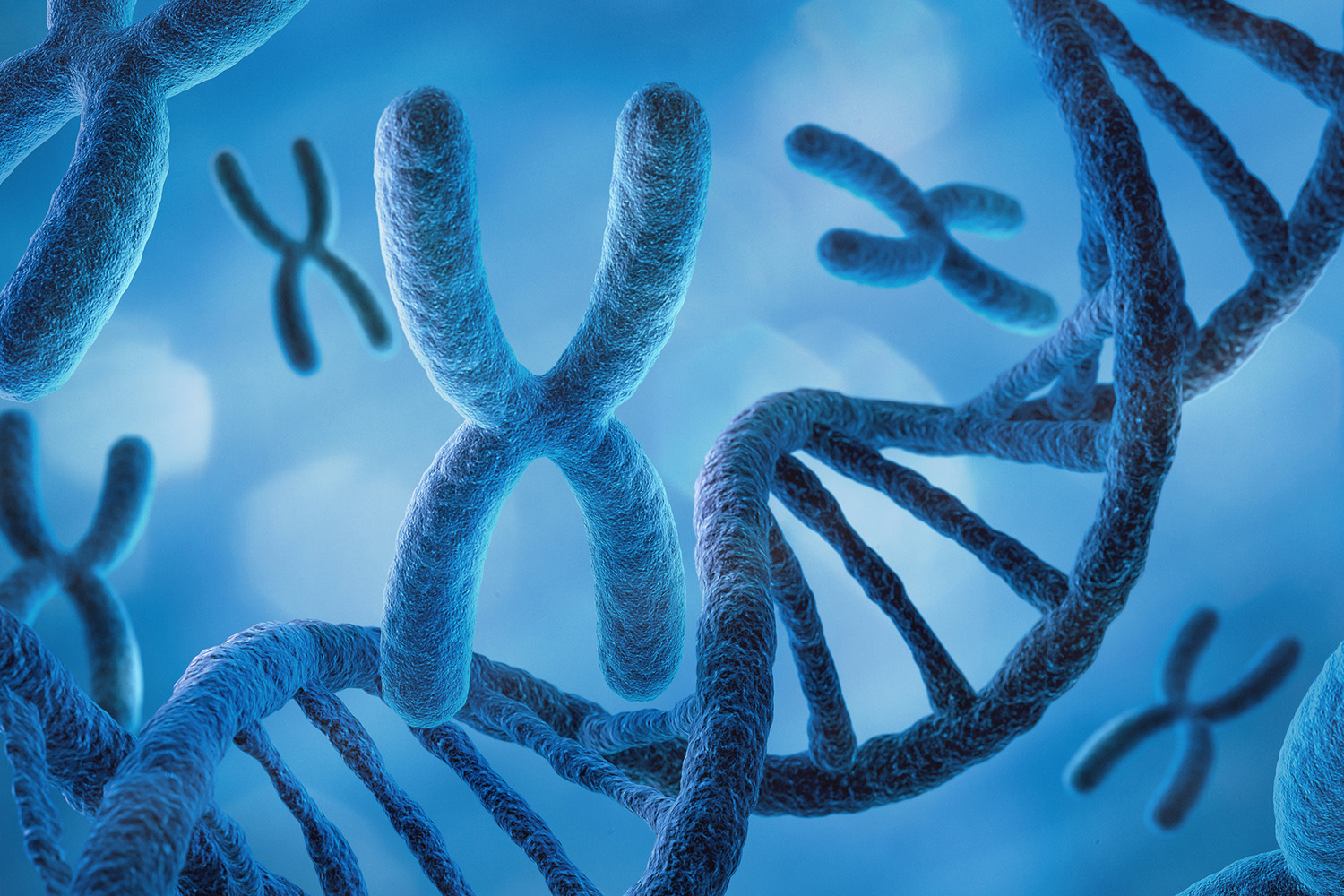
The Luse lab studies molecular events that drive promoter recognition and transcription of genes in chromosomes.

Donal Luse Lab
The Luse lab studies molecular events that drive promoter recognition and transcription of genes in chromosomes.
View Lab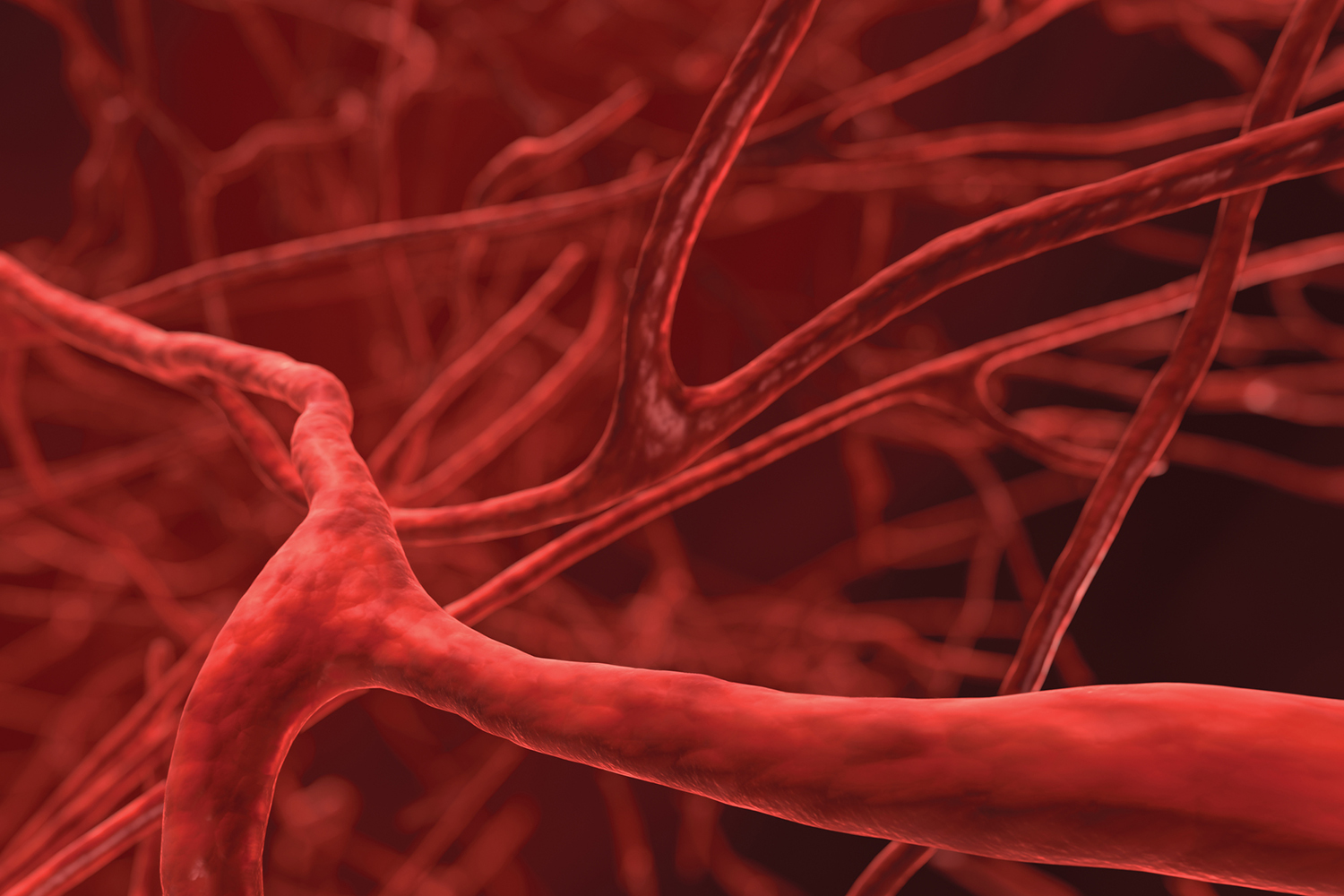
The Keith McCrae lab studies the function of blood vessels in health and disease.

Keith McCrae Lab
The Keith McCrae lab studies the function of blood vessels in health and disease.
View Lab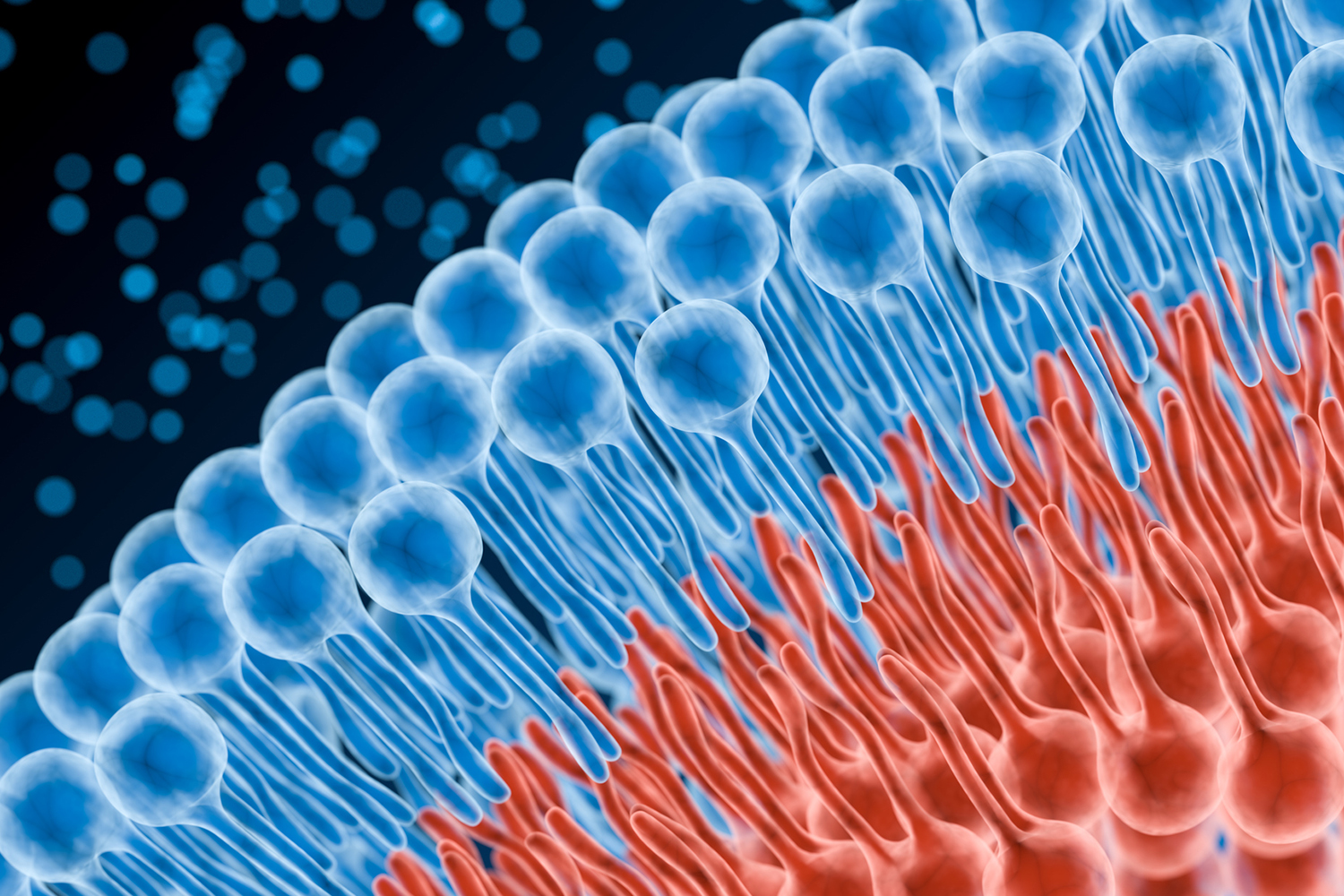
The McIntyre lab studies how cells respond to external stimuli, specifically in the vascular system.

Thomas McIntyre Lab
The McIntyre lab studies how cells respond to external stimuli, specifically in the vascular system.
View Lab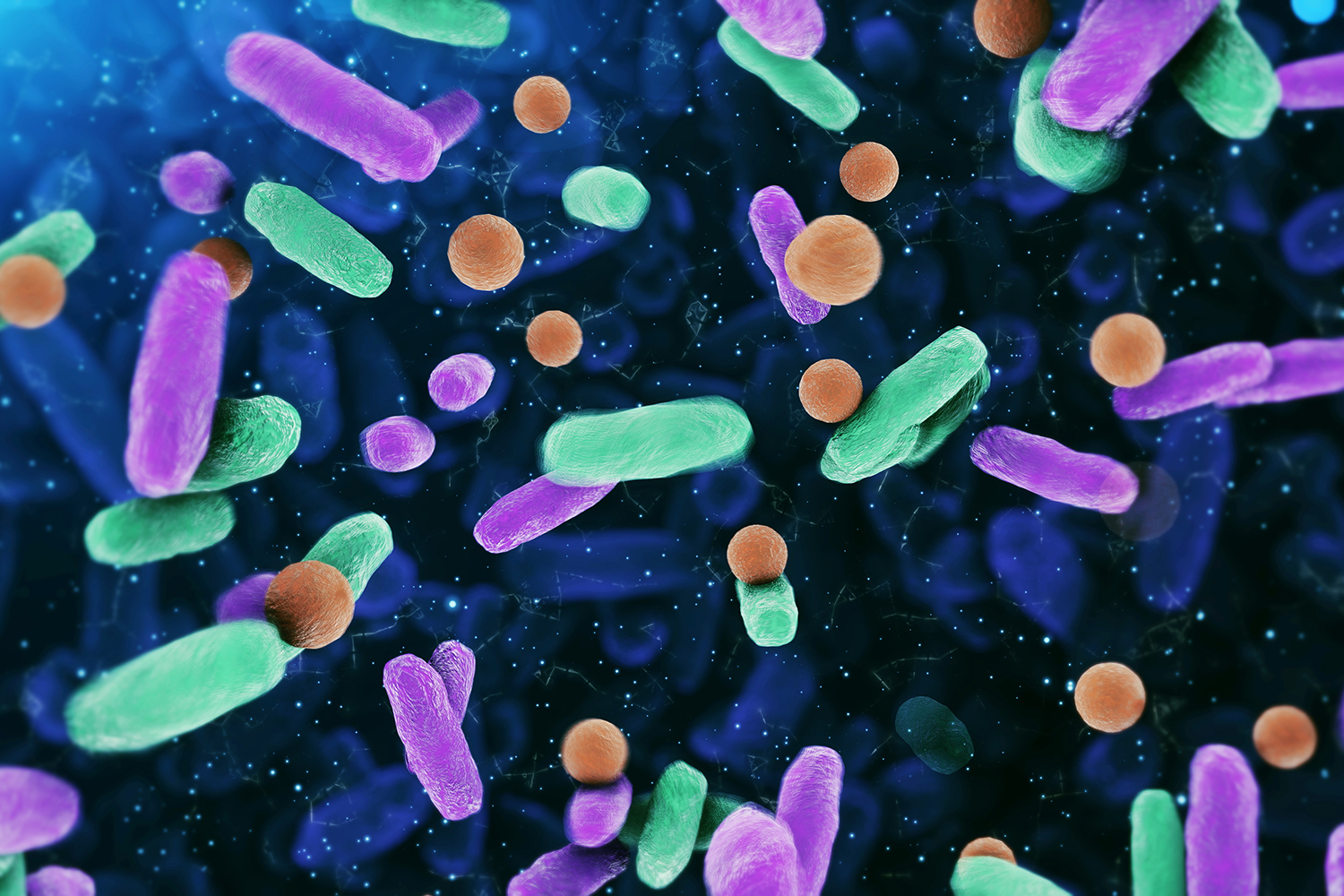
The Aaron Miller lab studies diet, microbiome and host factors in chronic urologic disease and co-morbidities.

Aaron Miller Lab
The Aaron Miller lab studies diet, microbiome and host factors in chronic urologic disease and co-morbidities.
View Lab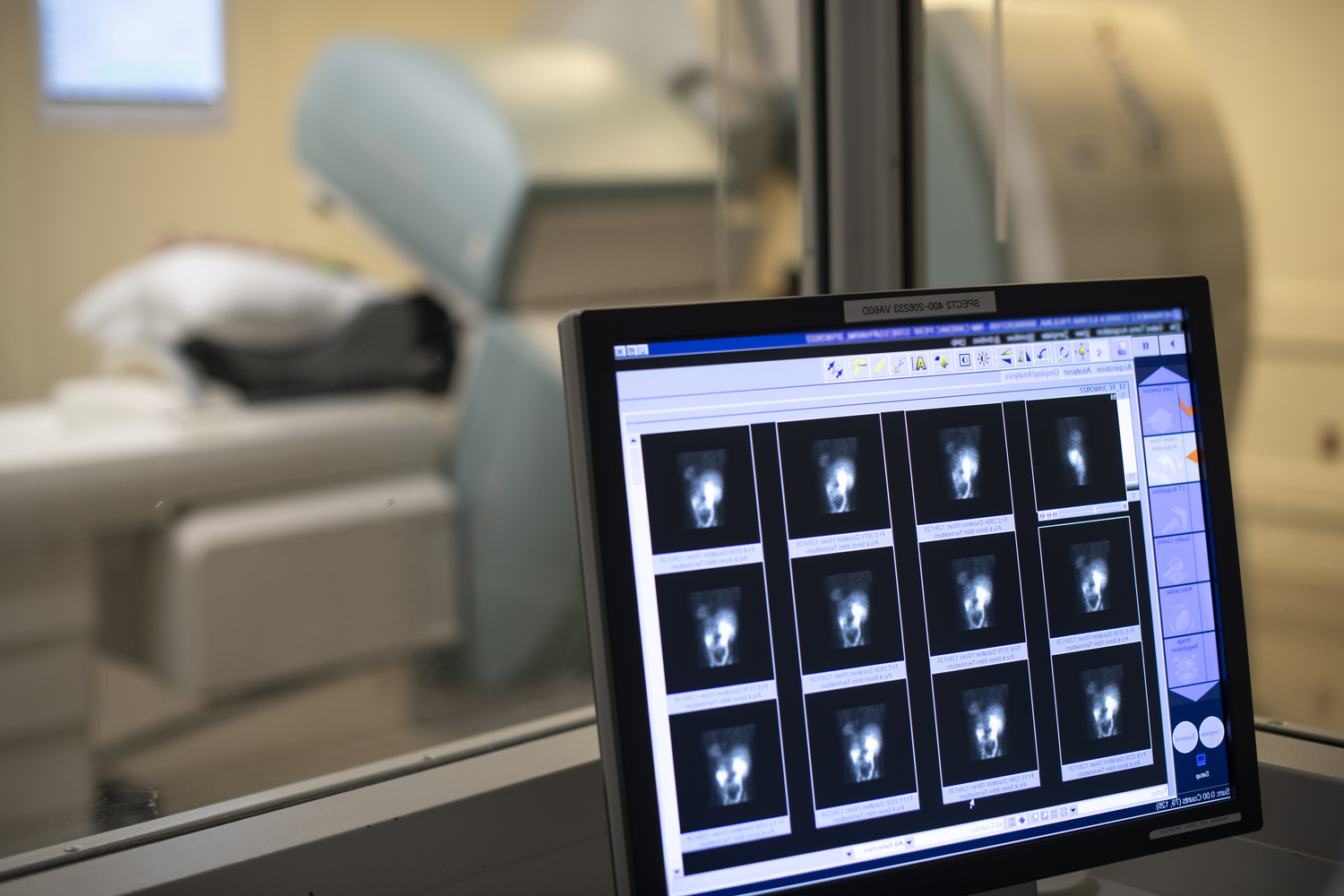
The Christine Moravec lab investigates physiological and biomechanical changes and psychophysiologic remodeling in heart failure.

Christine Moravec Lab
The Christine Moravec lab investigates physiological and biomechanical changes and psychophysiologic remodeling in heart failure.
View Lab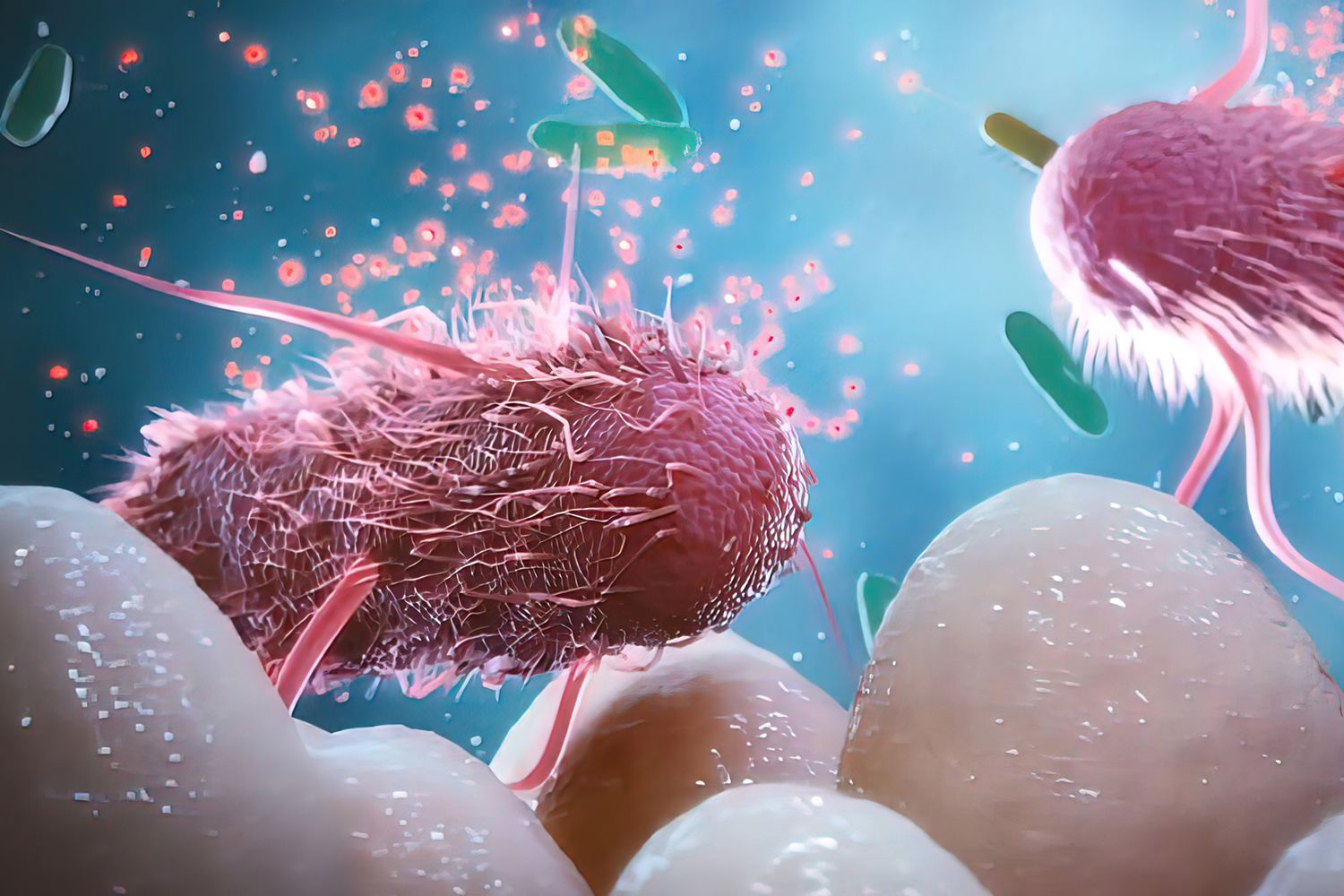
The Ina Nemet lab focuses on understanding the communication between gut microorganisms and their host.

Ina Nemet Lab
The Ina Nemet lab focuses on understanding the communication between gut microorganisms and their host.
View Lab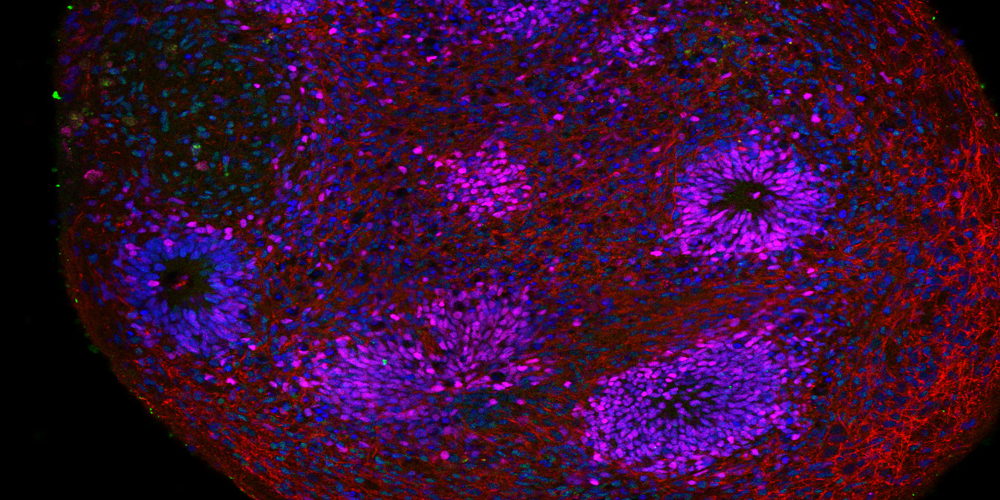
The Richard Padgett lab focuses on mechanisms of post-transcriptional RNA processing, particularly pre-mRNA splicing.

Richard Padgett Lab
The Richard Padgett lab focuses on mechanisms of post-transcriptional RNA processing, particularly pre-mRNA splicing.
View Lab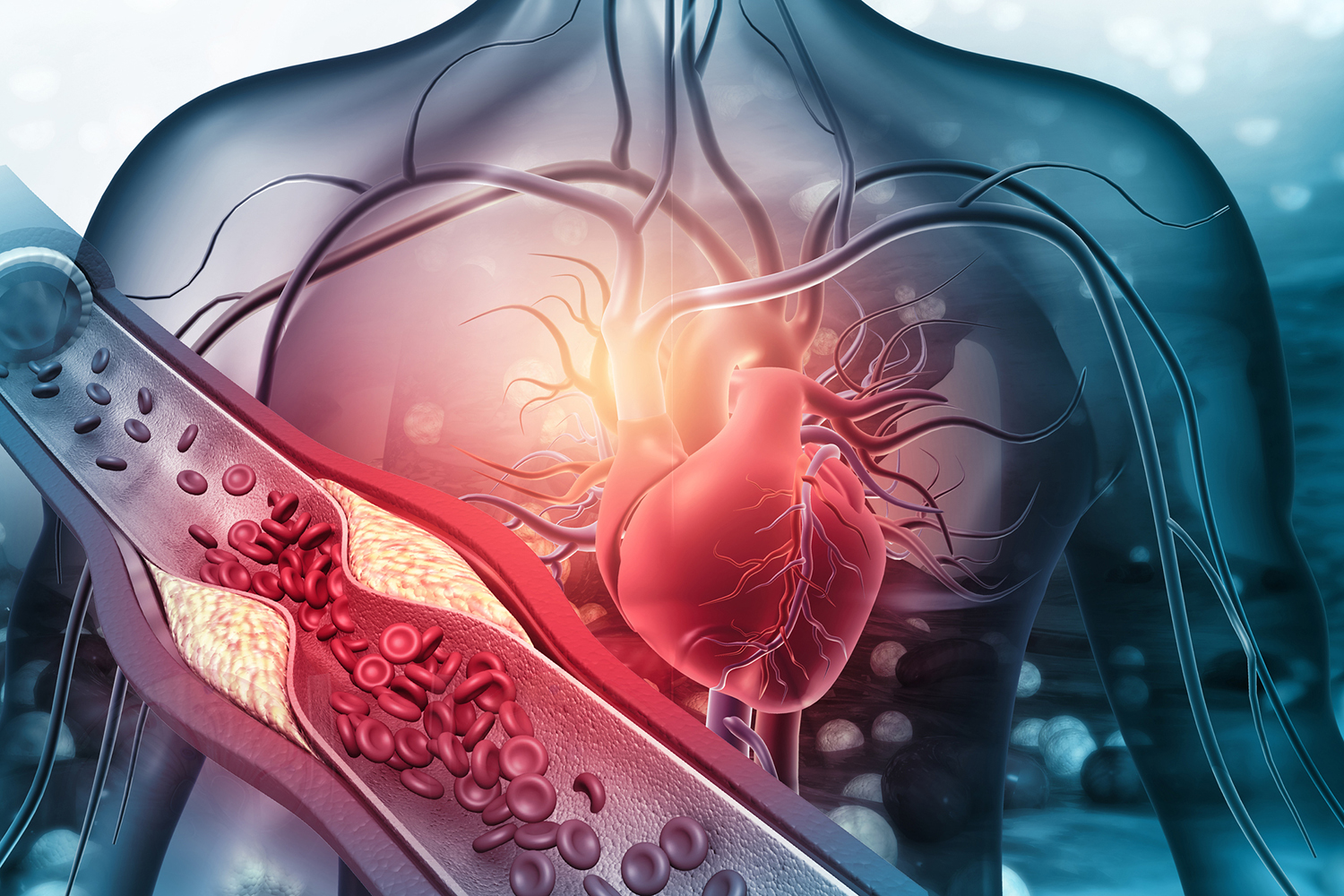
The Perez lab discerns the roles of α1-adrenergic receptor subtypes in physiological and pathophysiological states.

Dianne Perez Lab
The Perez lab discerns the roles of α1-adrenergic receptor subtypes in physiological and pathophysiological states.
View Lab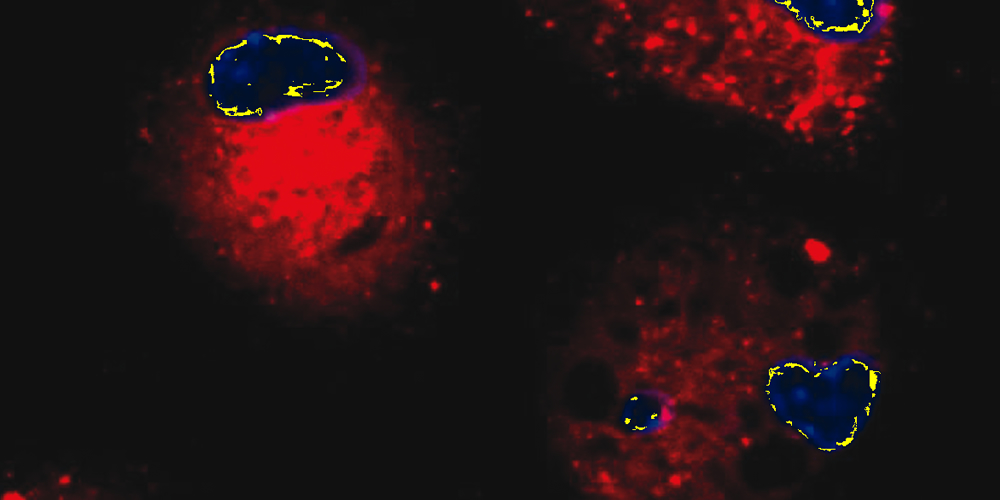
The Edward Plow lab studies the central properties of integrins in inflammation and angiogenesis.

Edward Plow Lab
The Edward Plow lab studies the central properties of integrins in inflammation and angiogenesis.
View Lab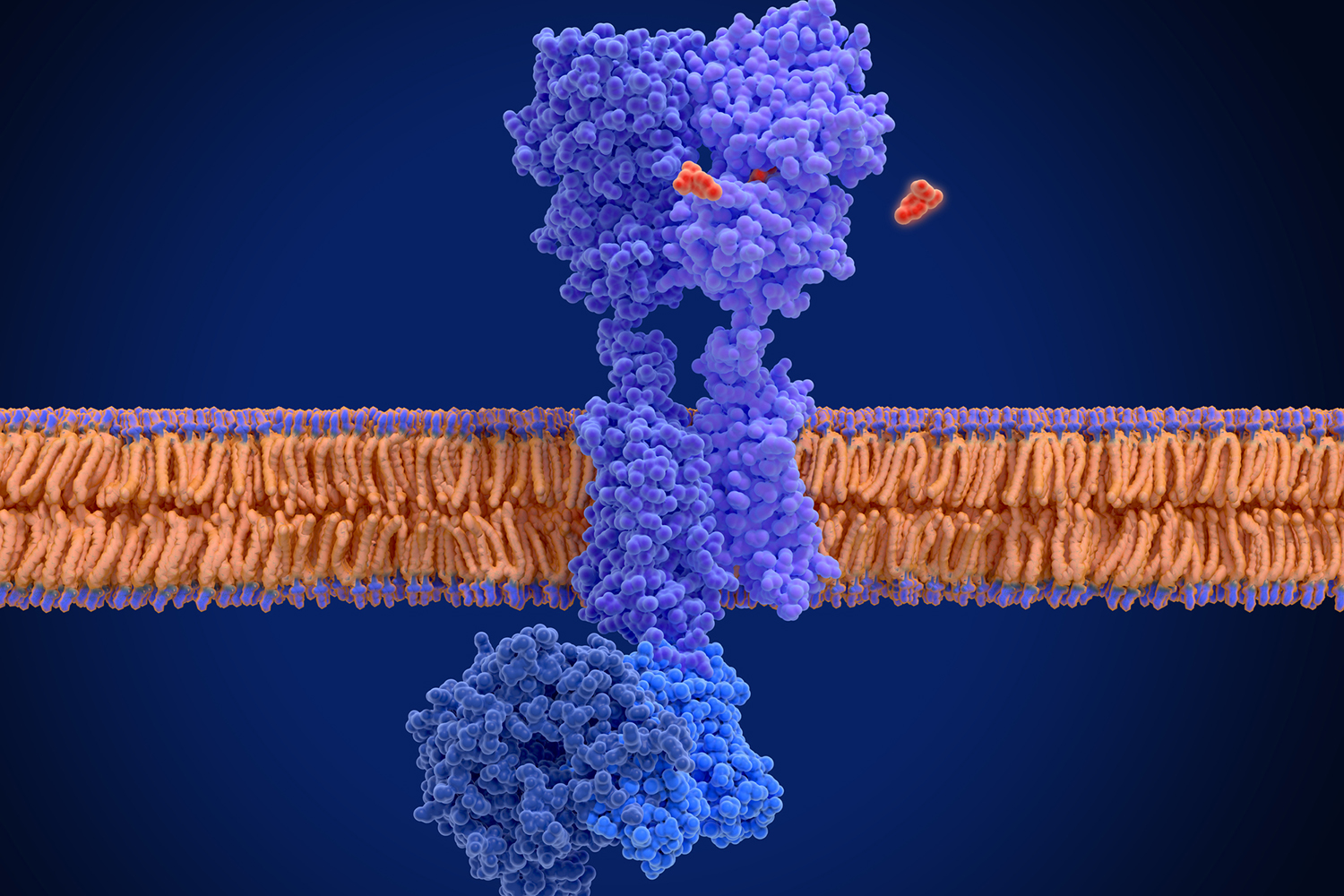
The Prasad lab studies protein regulation and how it may be targeted for new heart failure treatments.

Sathyamangla Prasad Lab
The Prasad lab studies protein regulation and how it may be targeted for new heart failure treatments.
View Lab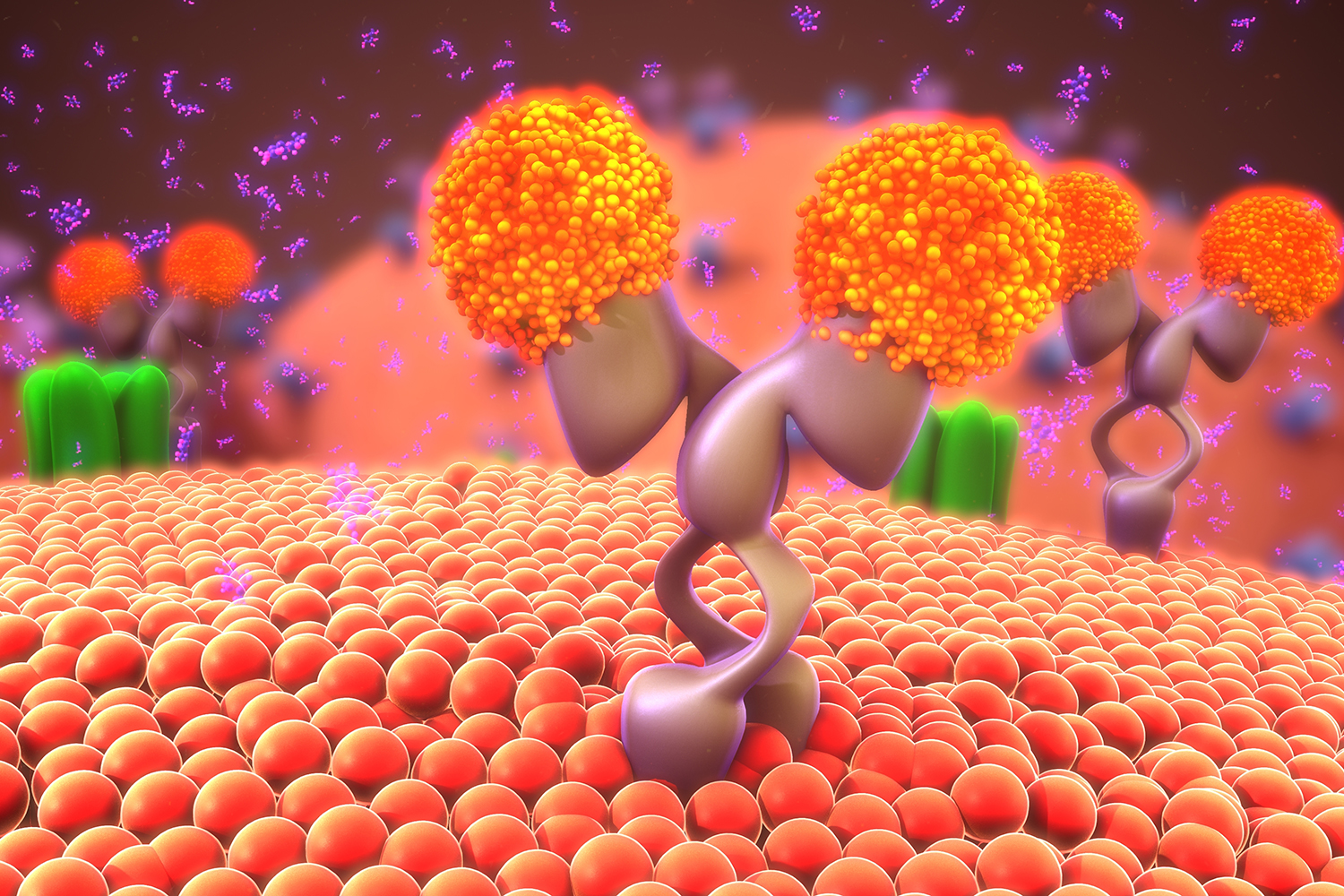
The Jun Qin lab studies key protein-protein interactions in heart failure, diabetes and cancer.

Jun Qin Lab
The Jun Qin lab studies key protein-protein interactions in heart failure, diabetes and cancer.
View Lab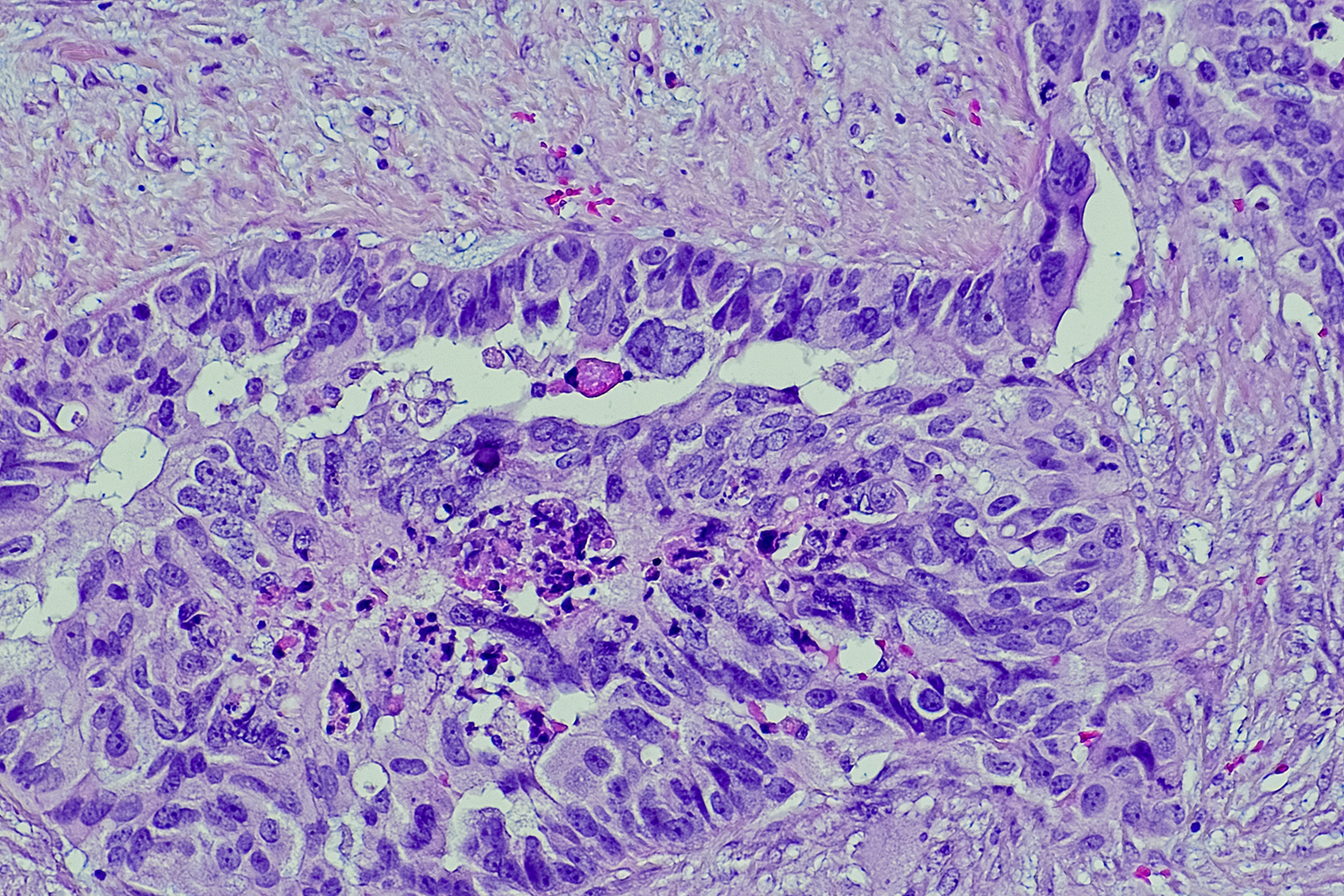
The Reizes lab studies ovarian cancer and triple negative breast cancer, focusing on novel therapeutic development.

Ofer Reizes Lab
The Reizes lab studies ovarian cancer and triple negative breast cancer, focusing on novel therapeutic development.
View Lab
The Schumacher-Bass lab investigates heart failure and signaling mechanisms, including G protein-coupled receptors.

Sarah Schumacher Bass Lab
The Schumacher-Bass lab investigates heart failure and signaling mechanisms, including G protein-coupled receptors.
View Lab
The Jonathan Smith lab studies cardiovascular diseases including atherosclerosis, atrial fibrillation and HDL metabolism.

Jonathan Smith Lab
The Jonathan Smith lab studies cardiovascular diseases including atherosclerosis, atrial fibrillation and HDL metabolism.
View Lab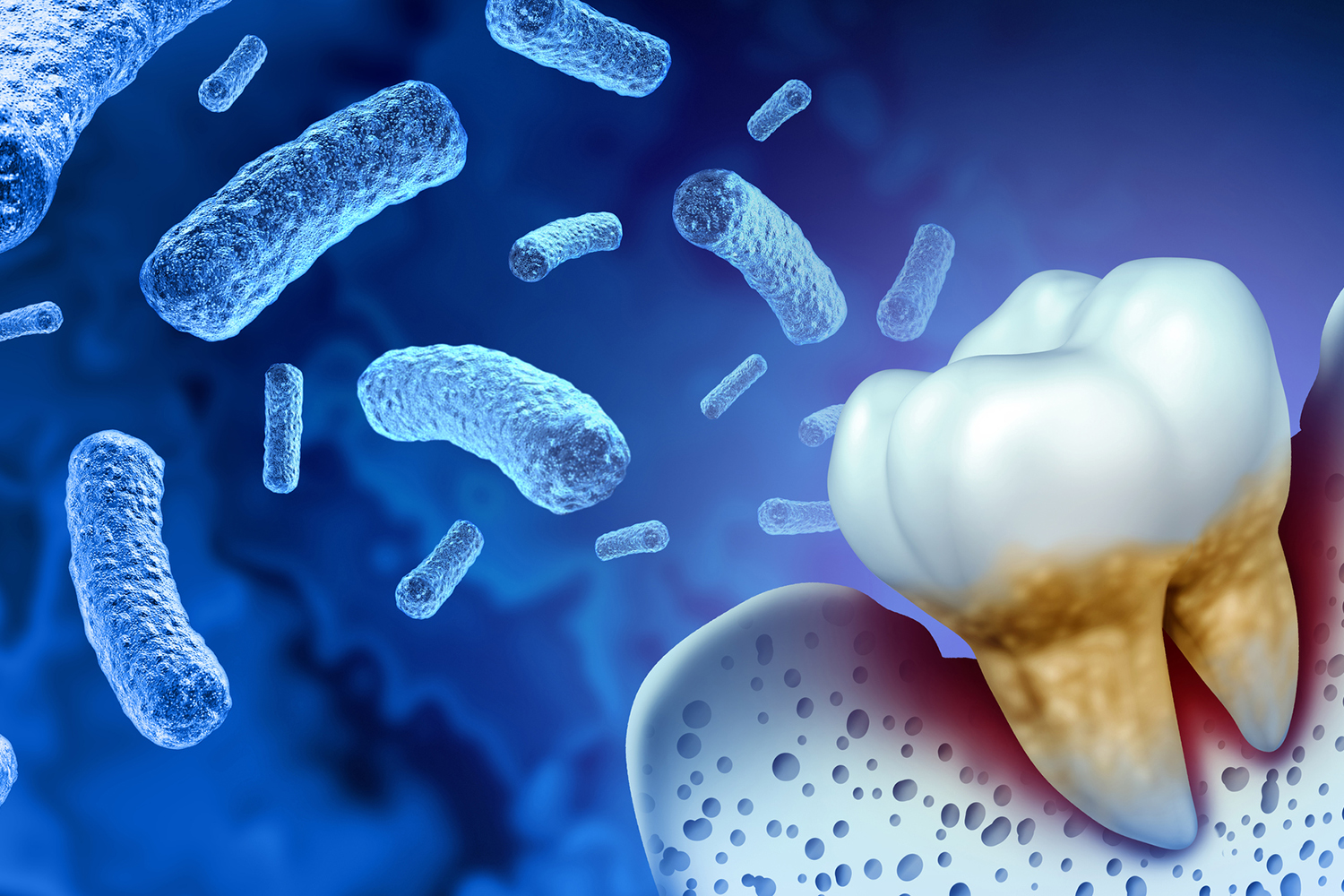
The Apollo Stacy lab investigates microbiota-host interactions in the oral cavity.

Apollo Stacy Lab
The Apollo Stacy lab investigates microbiota-host interactions in the oral cavity.
View Lab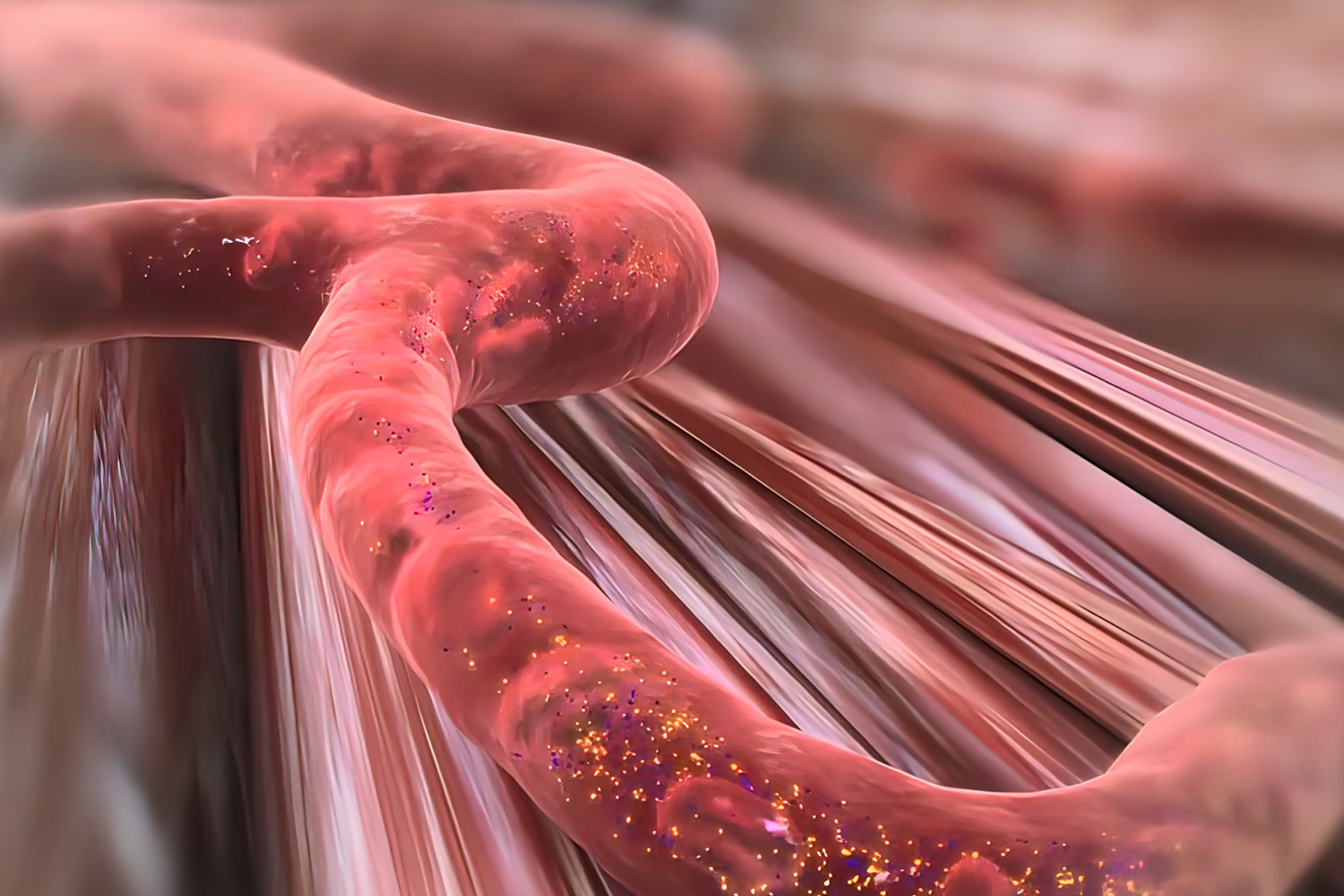
The Stenina Adognravi lab investigates vascular complications of diabetes due to hyperglycemia.

Olga Stenina Lab
The Stenina Adognravi lab investigates vascular complications of diabetes due to hyperglycemia.
View Lab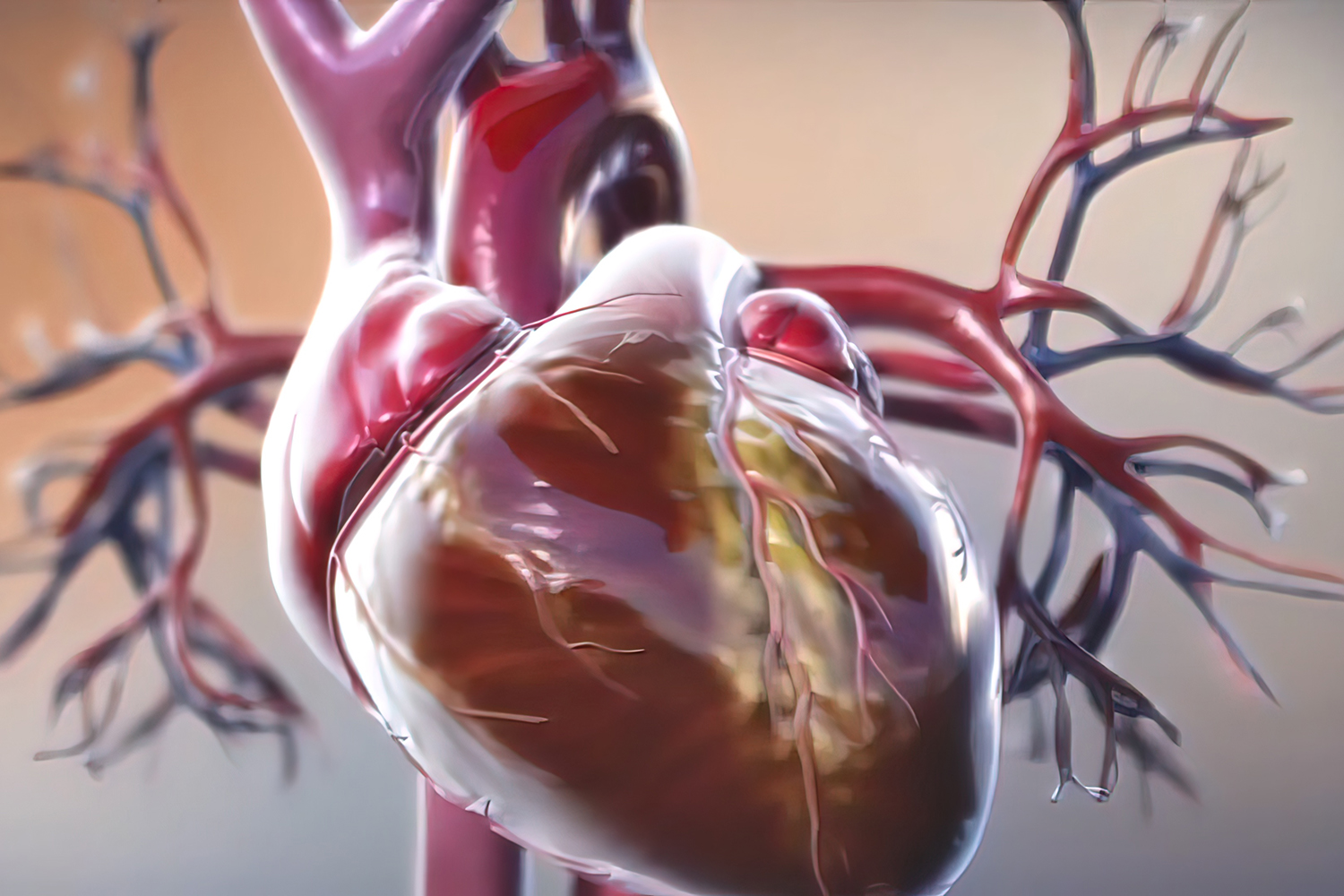
The Wai Hong Wilson Tang lab studies determinants of cardiovascular disease, particularly in human heart failure and cardiomyopathy.

Wai Hong Wilson Tang Lab
The Wai Hong Wilson Tang lab studies determinants of cardiovascular disease, particularly in human heart failure and cardiomyopathy.
View Lab
The Van Wagoner lab studies how genetic variations lead to increased risk of atrial fibrilation.

David Van Wagoner Lab
The Van Wagoner lab studies how genetic variations lead to increased risk of atrial fibrilation.
View Lab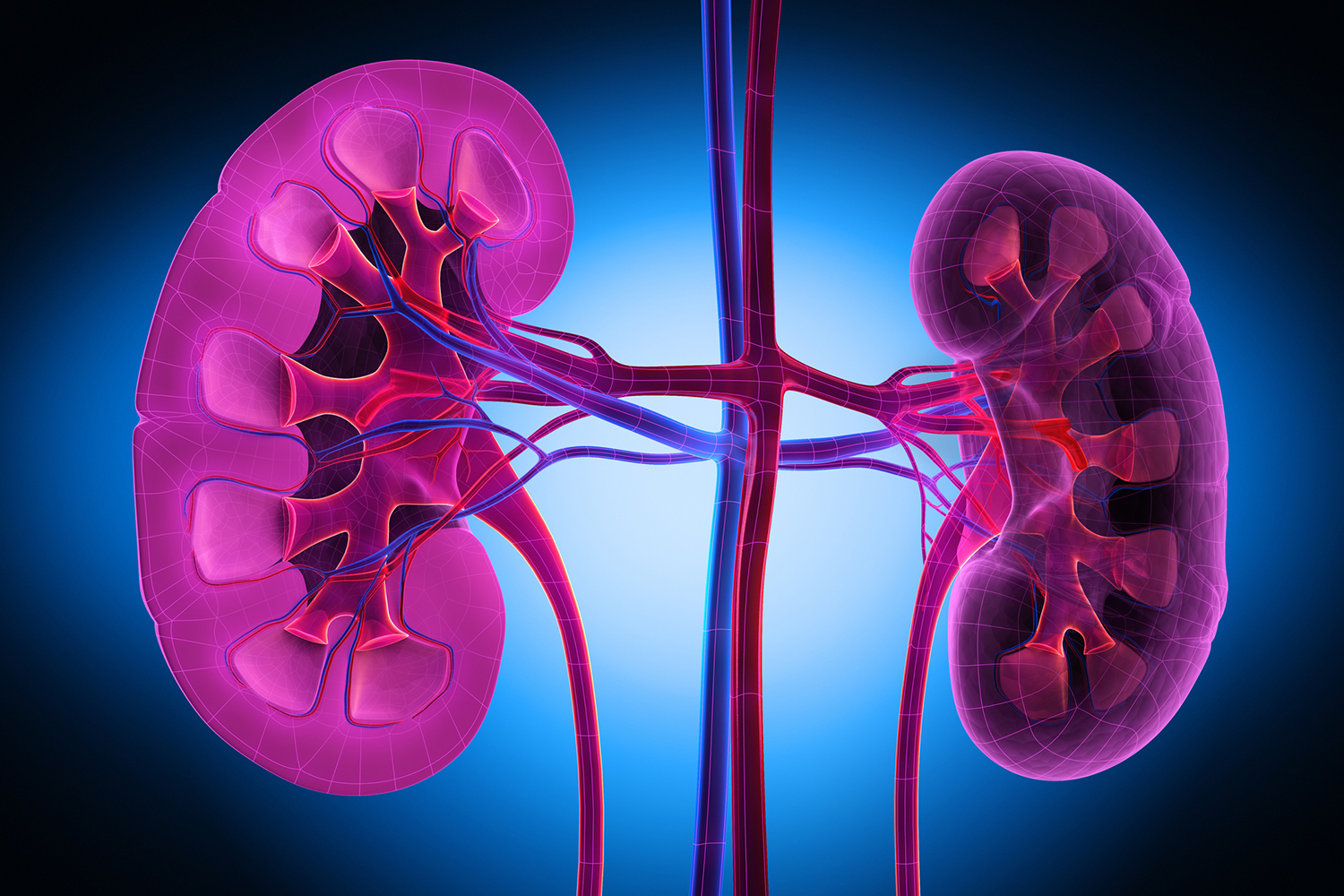
The Oliver Wessely lab studies kidney development and diseases.

Oliver Wessely Lab
The Oliver Wessely lab studies kidney development and diseases.
View Lab